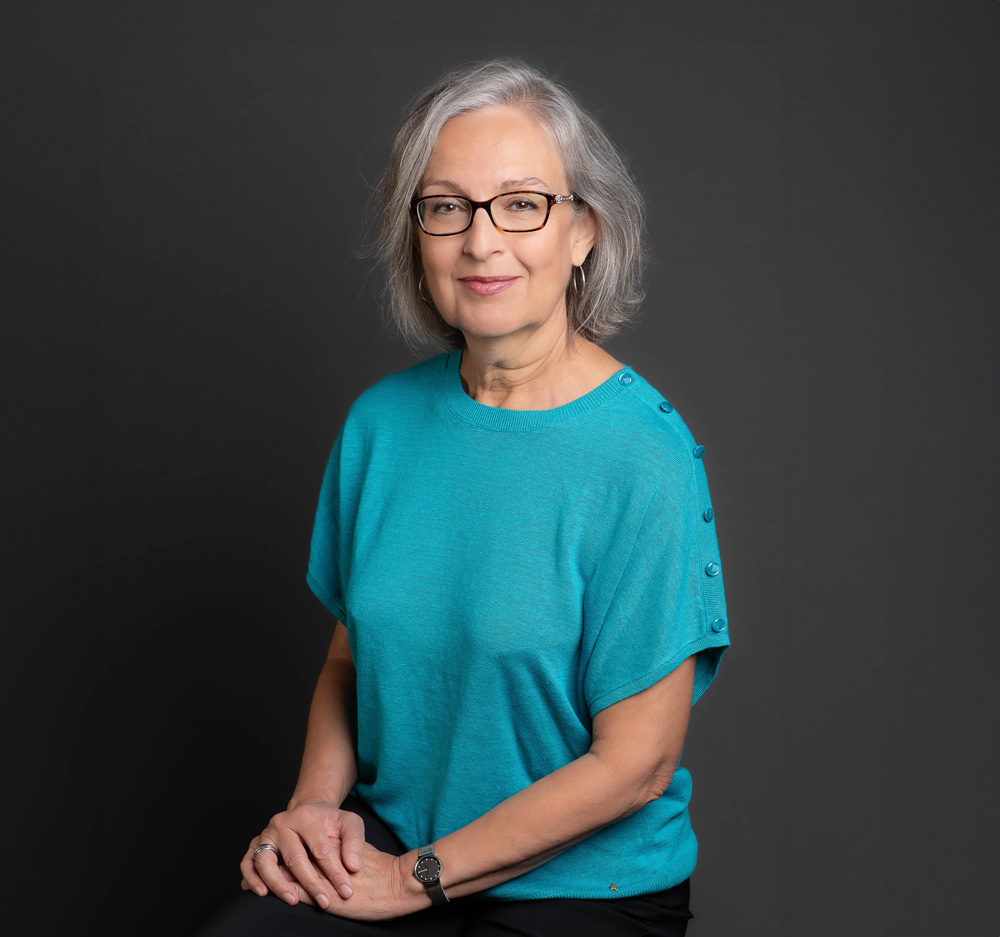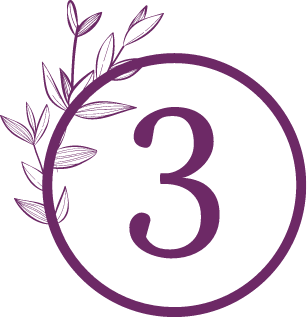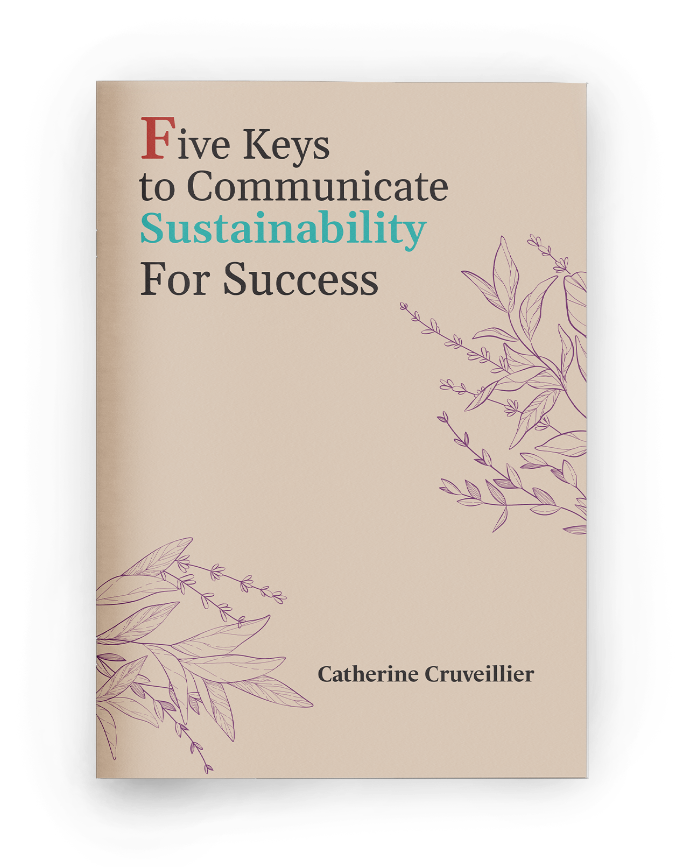SUSTAINABILITY JARGON NO MORE!
Change your words, change the world.
Reject The Jargon
Perfect Your Conversations
Reach Your Goals
May I offer you a more effortless approach?
Through Socratic conversations, your teams will gain clarity and precision on what to do, what to do it for, and a lot more people on board with a lot less tension. As you trade endless misunderstandings for fluid communication, you will—quite literally—change the world as we know it for the better, starting with your own.
Socratic conversation (noun)
Originating from the teaching style of the ancient Greek philosopher Socrates, Socratic conversations stimulate critical thinking, encourage self-examination, and make complex concepts simple, through a series of questions and answers.
Socratic conversation (noun)
Originating from the teaching style of the ancient Greek philosopher Socrates, Socratic conversations stimulate critical thinking, encourage self-examination, and deepen understanding of complex concepts through a series of questions and answers.
Hi, I am Catherine Cruveillier
I’ve been pioneering sustainable development for more than four decades, successfully leading large-scale programs that measurably changed entire key industries for the better worldwide, including in food, agriculture, and finance. I know personally how much you want your organization to reach its goals effectively and efficiently. In order to do that, your teams need simple, actionable words that cannot be interpreted in a myriad ways.
It has been taking way too much time, money, and effort to make sense of sustainability terms and metrics, leaving everyone (including you) feeling frustrated, divided, and still confused. No wonder goals were not met. Who has time for that? Clarifying what part of the world you want changed, and into what, should be easy and fun—it starts with Socratic conversation.

Hi, I am Catherine Cruveillier
I’ve been pioneering sustainable development for more than four decades, successfully leading large-scale programs that measurably changed key industries worldwide, including food, agriculture, and finance. I know personally how much you want your company to reach its goals as efficiently as possible. In order to do that, you need words that leave no room for a myriad of interpretations.
It has been taking too much time, money, and effort to make sense of sustainability terms and metrics, leaving everyone (including you) feeling frustrated, and still confused. Worse: divided. It’s time to reconnect, clarify, seek shared understanding. The process should be easy and fun—it starts with Socratic conversation.
How Socratic conversation works
(I know it sounds erudite; and it is. But if you can handle “net zero” or “ESG”, I guarantee that you will find this a lot more practical).

CONVENE
We’ll meet in a nice place
We’ll find a welcoming room for your teams and I to meet.
We’ll sit in a circle or semi-circle. I’ll be in the middle,
playing Socrates. We’ll start a conversation about what
you all want your organization to change in the world.
CLARIFY
Then, we’ll dig for clarity
Imagine you have to describe a dog to someone who has
never seen one—not even in a picture. In the same way,
sustainability as currently defined and communicated is
intangible for most. Together, we will make it so real and
relatable that it becomes your nature; and we’ll let go of
anything that is not so.


CREATE
So, words become reality
When the right words are exchanged with the right people
at the right time, success happens. People want to make
meaningful impact—they only need to see how close they
really are. Your teams will feel energized, ready to do
exactly what’s been said. Not more, not less.
Throughout the process, I’ll share, where necessary, my own expertise in sustainable development and behavioral change.
How Socratic conversation works
(I know it sounds erudite; and it is. But if you can handle “net zero” or “ESG”, I guarantee that you will find this a lot more practical.)

CONVENE
We’ll meet in a nice place
We’ll find a welcoming room for your teams and I to meet. We’ll sit in a circle or semi-circle. I’ll be in the middle, playing Socrates. We’ll start a conversation about what you all want your organization to change in the world.
CLARIFY
Then, we’ll dig for clarity
Imagine you have to describe a dog to someone who has never seen one—not even in a picture. In the same way, sustainability as currently defined and communicated is intangible for most. Together, we will make it so real and relatable that it becomes your nature. And we’ll let go of anything that is not so.


CREATE
So words become reality
When the right words are exchanged with the right people at the right time, success happens. People want to make meaningful impact—they only need to see how close they really are. Your teams will feel energized, ready to do what was said. Not more, not less.
Throughout the process, I’ll share, where necessary, my own expertise in sustainable development and behavioral change.

“Catherine helped me greatly expand my awareness & capacity to hear my emotions and body sensations and apply their important messages across a wider range of circumstances. In doing so, she helped me discover how joy, ease, and humility are intrinsic values and signposts in pursuing sustainability leadership, replacing the enormous burden I felt to “change the world” in abstract and self-sacrificial ways. As a result, I experience much greater freedom, power, and efficacy, all with a lighter heart as I continue to grow and find new ways to help others”.
“I have known Catherine since she was my Director at the European Center for Nature Conservation in the early 2000’s. More recently I sought her coaching services. Gifted with an insightful and dynamic spirit, Catherine is a true sustainability pioneer and guide who masterfully and uniquely combines the power of vision with leadership excellence and compassion. Through my conversations with her, I was able to come to see myself, nature, life, and sustainability with enhanced clarity. My own conversations with others increasingly produce concrete results. I was also able to design and realize my dream project in education for sustainability, and myriad beneficial changes in my professional and personal life”.
“Our Socratic conversation with Catherine Cruveillier brought our leadership team to a level of clarity that we had not reached before in our work.
By asking us repeatedly “what for?”, or “how does that feel?”, and “what does that look like?”, she helped us clearly define the specific, tangible problems faced by our mission-driven clients, and how we, at Kichocheo, are uniquely positioned to help them solve these problems.
Catherine called on all our senses to describe the vision we aim to bring to life. We could see the future reality we contribute to creating as if we were in it. This helped us craft a more concrete marketing and business development language and relate more authentically to our clients.
All this in a session that lasted just over two hours and left us very energized and optimistic about our impact on the world”.
“Catherine created a thoughtful and engaging session on Mindfulness for an audience filled with analytical scientists. The content and exercises captured our imaginations and demonstrated practical approaches to apply new techniques not only in the workplace, but in our daily lives. The training gave us new tools for tackling day-to-day challenges”.
“I have known Catherine since she led the Biodiversity and Business team at the International Finance Corporation (part of The World Bank Group). She combines deep expertise across a range of sustainability themes with profound psychological insights. Working with her as a coach materially raised my game as the Global Operations Manager for EDGE, a startup green building certification program that is now one of the top three in the world and the leader in many countries. Catherine not only grasps the big picture, but also has a powerful toolbox of tactics for implementation”.
What does “sustainability” really mean anyway?
What does “sustainability” really mean anyway?
Ask ten people, and you’ll get ten different answers—and therein lies the challenge. We’re all throwing words and numbers at each other assuming it’s enough to reach understanding, when most of the time, it’s not.
Good news though, “sustainability” is tangible and, whether it’s what you intended or not, you’re the communication extraordinaire responsible for making it feasible to grasp. It’s not what you went to school for, it’s probably not what you’ve spent the most time practicing, but it is the missing link to making things happen a lot faster.
You have what it takes in you. You can make it; and it would be my honor to help.

What does “sustainability” really mean anyway?
Ask ten people, and you’ll get ten different answers—and therein lies the challenge. We’re all throwing words and numbers at each other assuming it’s enough to reach understanding, when most of the time, it’s not.
Good news though, “sustainability” is tangible and, whether it’s what you intended or not, you’re the communication extraordinaire responsible for making it feasible to grasp.
What does “sustainability” really mean anyway?
It’s not what you went to school for, it’s probably not what you’ve spent the most time practicing, but it is the missing link to making things happen a lot faster.
You all have what it takes in you. You can make it; and it would be my honor to help.
Recent articles
How to avoid having the opposite effect, when attempting to help other countries develop.
Why insisting that we are right is stupid, and what to do instead.
How the wrong message, or the wrong audience, timing, or venue, can ruin our attempts to influence others on sustainability topics.


